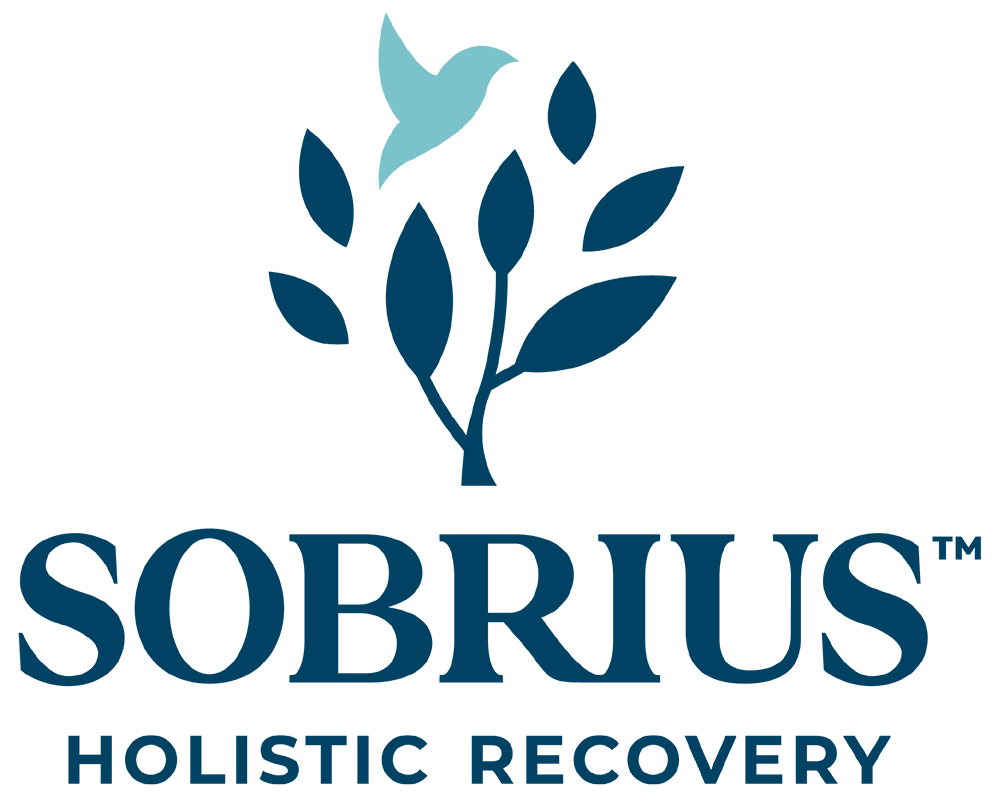Maintaining sobriety can be a challenging journey, and sometimes, it’s not uncommon for people to relapse. Relapse is not a sign of failure, and it doesn’t mean that one cannot overcome alcohol or drug addiction. It is an opportunity to reassess and identify areas that need improvement. Let’s take a look at what relapse is, what triggers it, and how relapse prevention therapy can help. To learn more about relapse prevention therapy, call us today at 888.596.6514.
What Is Relapse?
Relapse is the recurrence of substance use after a period of abstinence. It’s a common occurrence in addiction recovery. In fact, it can happen to anyone, regardless of the amount of time they’ve been sober.
Relapse does not necessarily mean that an individual has returned fully to active addiction, but it’s a warning sign that requires attention. There are various reasons why individuals relapse, and identifying relapse triggers can help to minimize the risk of recurrence.
Common Relapse Triggers
Stress
Stress can trigger relapse by causing one to feel overwhelmed, anxious, or depressed. People in recovery may turn to alcohol or drugs as a coping mechanism to deal with these emotions.
Relationships
Toxic relationships or feeling lonely can cause one to feel isolated and lead to relapse. People in recovery need supportive and sober relationships to maintain their sobriety.
Boredom
Being idle or having no specific routine can lead to boredom, which can trigger relapse. Staying active, taking up hobbies, and developing routines can help reduce this risk.
Overconfidence
Some people may become overconfident in their ability to maintain sobriety and let their guard down. This can lead to relapse as they may not take the necessary steps to keep themselves in check.
Certain Events or Situations
These can trigger relapse, such as attending parties where alcohol or drugs are present or visiting places that you used to frequent while using drugs or alcohol.
Relapses Can Happen
Relapse is a common and expected part of the recovery journey, and it’s important not to panic or feel discouraged if it happens. Instead, it is crucial to approach it as an opportunity for growth and learning.
By taking proactive steps to identify triggers, develop coping mechanisms, and strengthen one’s support system, individuals can effectively minimize the chances of relapse and continue on their path of progress. Seeking guidance can provide invaluable insights, encouragement, and accountability to help navigate through challenges and get back on track toward long-term recovery.
Remember, every setback is a chance to regroup and reassess. Ultimately, you can emerge even stronger.
What Is Relapse Prevention Therapy?
Relapse prevention therapy is a specialized form of cognitive-behavioral therapy that places emphasis on the identification and management of high-risk triggers that can potentially lead to relapse. By targeting these triggers, individuals in recovery are equipped with the necessary tools and techniques to maintain long-term sobriety.
Here are five benefits of relapse prevention therapy:
1. Identifying Triggers
Relapse prevention therapy helps individuals identify high-risk triggers that can lead to relapse. This knowledge can help prevent it from happening.
2. Developing Coping Skills
The therapy teaches skills such as problem-solving, emotional regulation, and mindfulness, which can help individuals manage challenging situations and avoid relapse.
3. Addressing Underlying Issues
Sometimes, underlying mental health issues or traumas can trigger substance use. Relapse prevention therapy can help individuals address these issues and work towards healing.
4. Creating a Support System
The therapy can help individuals develop a network of supportive people, such as a sponsor, peers, or therapist, to provide guidance and accountability.
5. Improving Treatment Outcomes
Individuals who participate in relapse prevention therapy have a lower likelihood of relapse and better treatment outcomes, including longer periods of sobriety and overall improvement in their quality of life.
Get Help Today From Sobrius
Identifying and avoiding triggers that lead to relapse requires effort and commitment. At Sobrius, our team of professionals is committed to helping individuals in recovery develop skills and strategies that support maintaining long-term sobriety. Call us today at 888.596.6514 or use our online contact form to learn more about relapse prevention therapy and start your recovery journey toward a sober and fulfilling life.

